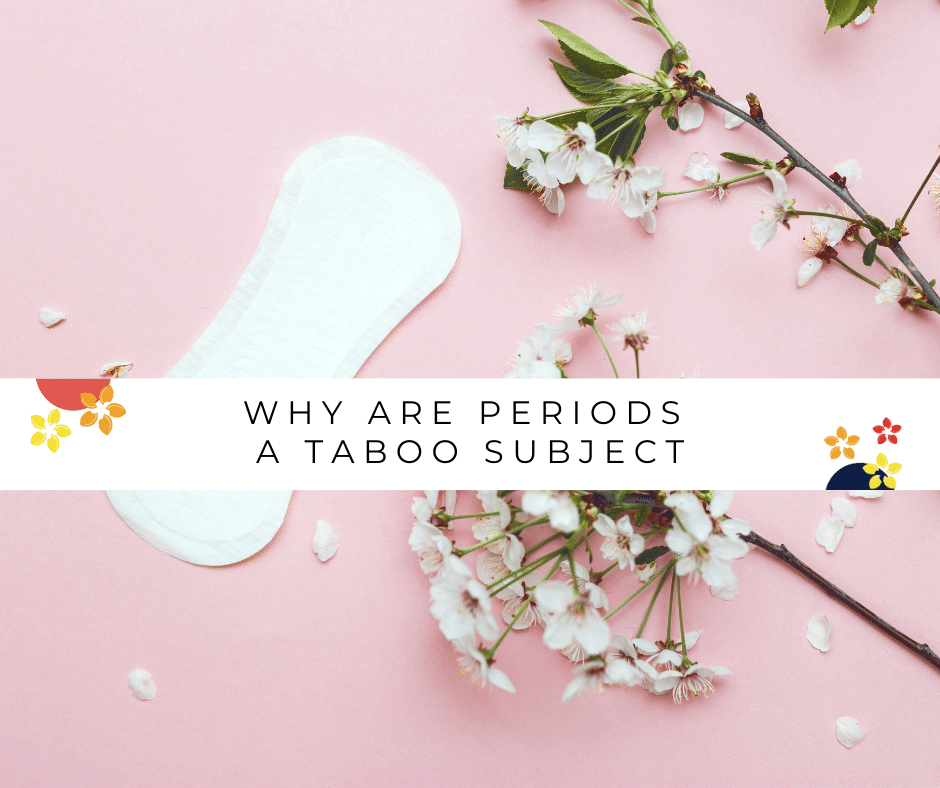Periods have been considered a taboo subject in many cultures and societies throughout history, and there are several reasons for this:
- Lack of education and knowledge: There has historically been a lack of education and knowledge around menstruation, which has led to myths and misconceptions about periods. This has contributed to the stigma surrounding menstruation.
- Cultural and religious beliefs: In some cultures and religions, menstruation is seen as unclean or impure, and women who are menstruating may be excluded from certain activities or places.
- Gender stereotypes: Menstruation is associated with femininity, and there is a long history of gender inequality and discrimination against women. This has contributed to the taboo surrounding periods and reinforced negative attitudes towards women.
- Silence and shame: Menstruation has been shrouded in silence and shame, with many girls and women feeling embarrassed or ashamed to talk about their periods. This has perpetuated the taboo and made it difficult to have open conversations about menstruation.
- Marketing and advertising: The marketing of menstrual products has historically been focused on discretion and concealment, reinforcing the idea that periods are something to be hidden or ashamed of.
Lately, there has been a growing movement to break the taboo surrounding menstruation and promote more open and positive conversations about periods. This is important for promoting education, understanding, and equality, and for challenging the negative attitudes and stereotypes that have contributed to the taboo surrounding menstruation.
Breaking the taboo of menstruation requires a multi-faceted approach that involves education, advocacy, and policy changes. Here are some ways to address this issue:
- Education: Educating both women and men about menstruation can help break down the taboo. Providing accurate information about the menstrual cycle, including its purpose, how it works, and how to manage it, can help reduce the shame and stigma surrounding it.
- Encouraging open conversations: Encouraging open conversations about menstruation can help normalize the topic. This can be done through media campaigns, school programs, and community outreach efforts.
- Providing access to menstrual products: Lack of access to menstrual products can contribute to the stigma around menstruation. Providing access to affordable and sustainable menstrual products can help reduce this stigma and improve menstrual hygiene.
- Challenging gender norms: Gender norms that reinforce the idea that menstruation is dirty or shameful can contribute to the taboo. Challenging these norms and promoting gender equality can help reduce the stigma surrounding menstruation.
- Advocating for policy changes: Policies that provide paid menstrual leave, access to menstrual products in public spaces, and education on menstrual health can help break down the taboo.
Breaking the taboo of menstruation will require sustained effort and commitment from individuals, communities, and governments. By working together, we can create a world where menstruation is normalized and celebrated.








